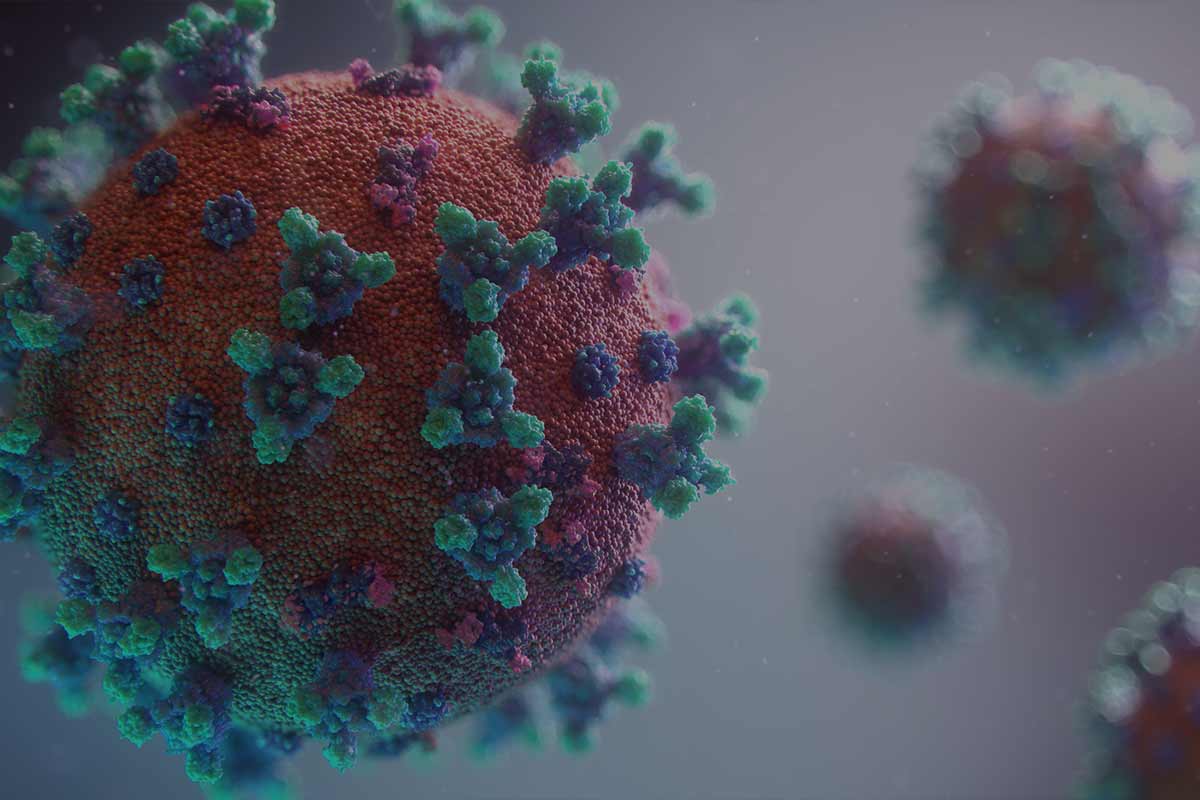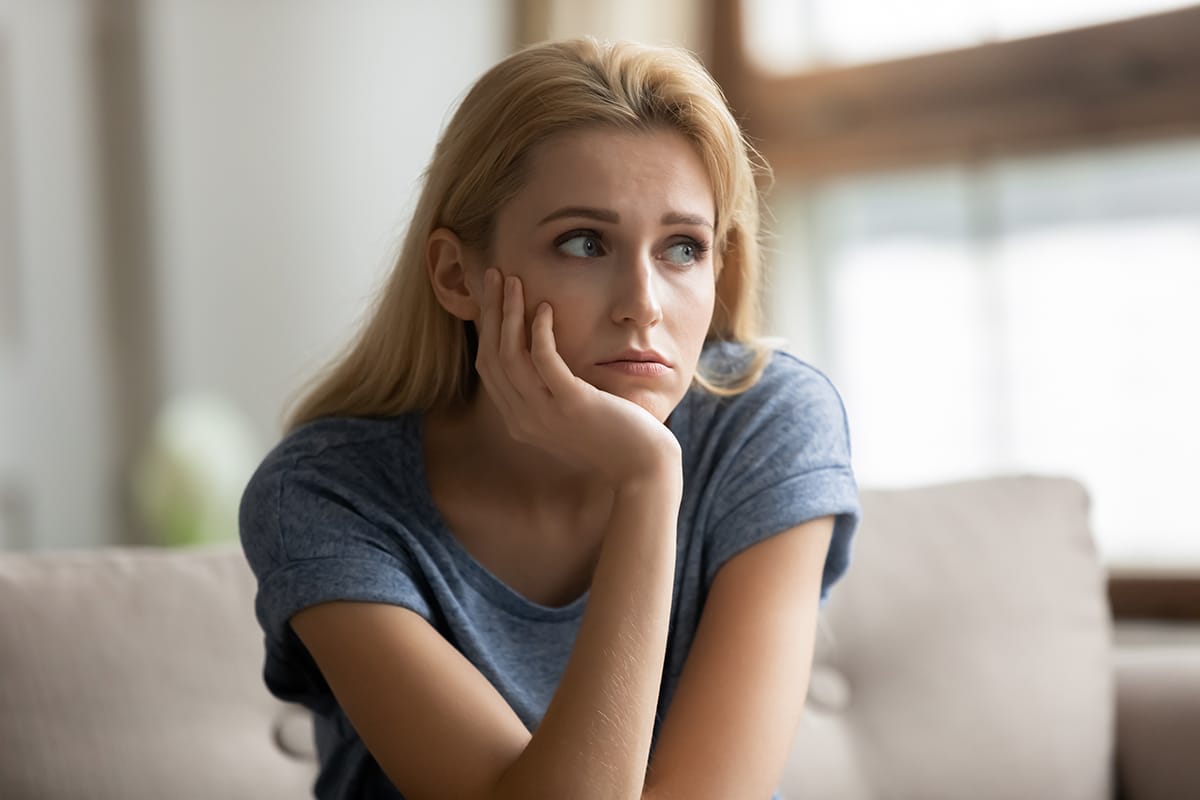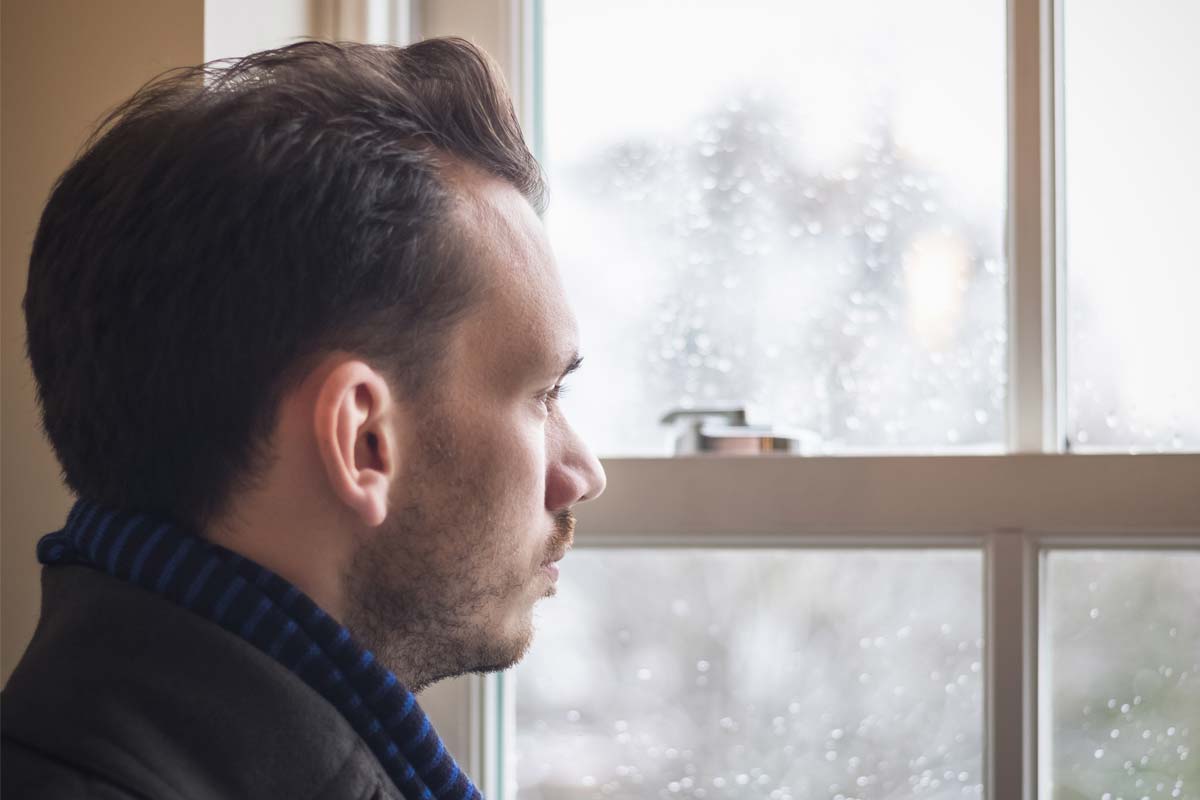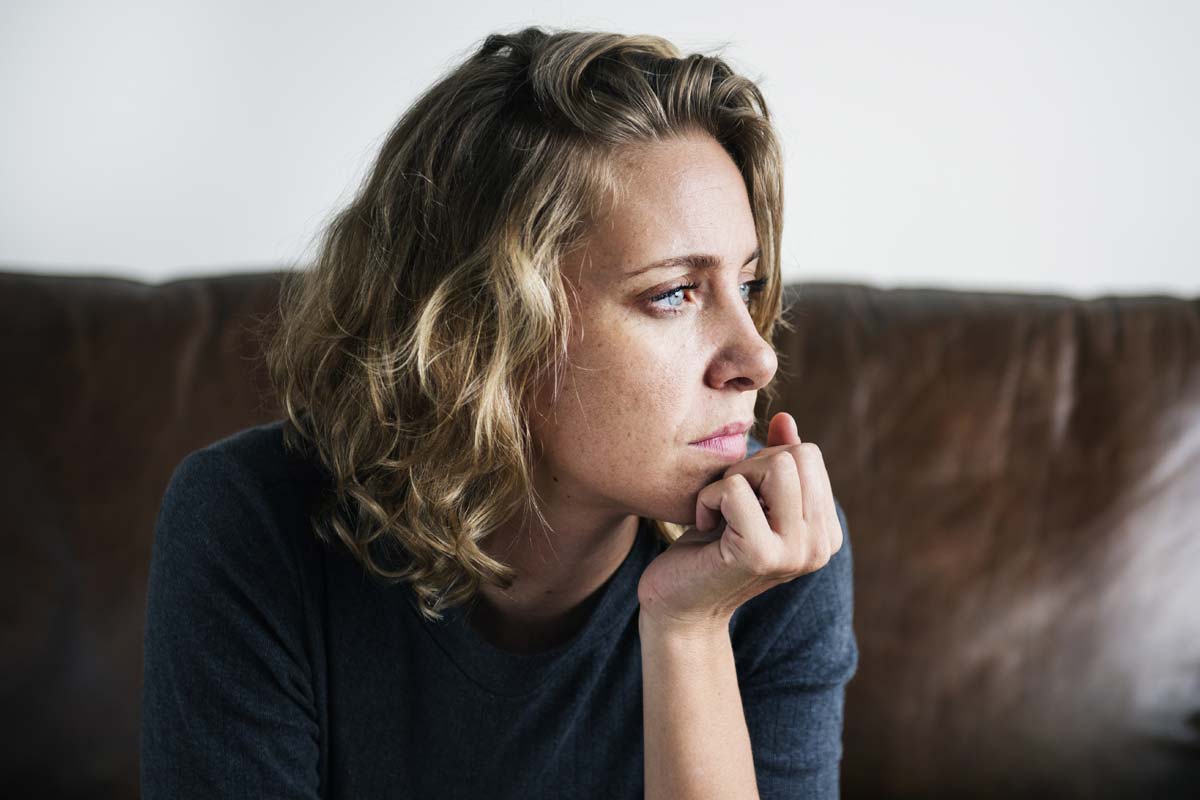

By: Lakeview Health
Why Detoxing from Home Can Kill You
Detoxification, or “detox,” from drugs and alcohol is not easy. Many individuals who struggle with addiction attempt to detox themselves in the comfort of their own home. One of the most common medical detox FAQs is from people who want to detox at home, without professional help. However, no matter how badly an individual wants to break the cycle of addiction, it is likely he or she will need the assistance of medical professionals. Addiction is a mental and physical disease. The best way to first address addiction is to overcome the physical dependence on the substance, through detoxification. Detoxification is often a painful experience that includes diarrhea, chills, abdominal pain, sweating, severe anxiety, body aches, and other flu-like symptoms. Many who try to detox by themselves give up in the middle of the process and once again become trapped by their addiction. Without the support and guidance of medical professionals, it is difficult to manage one’s own withdrawal symptoms for long enough to become clean and sober. Detoxifying in a medically supervised detox facility greatly increases the chances of attaining sobriety. Three of the most difficult drugs to detox from include heroin, benzodiazepines, and alcohol. There is a substantial difference between detoxing from opiates (heroin, Vicodin) at home and detoxing in a medically supervised detoxification unit. Once opiates begin to exit the system, the body starts to crave them again. This can cause irritability, insomnia, and diarrhea, which can be unbearable without medications. Such medications (Suboxone, methadone) can help alleviate, or even eliminate, withdrawal symptoms, but they have a high potential for addiction themselves, thus requiring careful administration by a medical professional. Trying to detox at home from benzodiazepines (such as Xanax and Valium) can be extremely dangerous. Withdrawal from these drugs can result in seizures and other serious consequences. It is highly recommended that individuals addicted to these drugs do not attempt to detox on their own, as it can be potentially life-threatening. Without medical supervision, it is nearly impossible for someone who suffers from an addiction to benzodiazepines to complete the detox process. The withdrawal symptoms from benzodiazepines are extremely painful if not overseen by medical professionals who can administer medication to minimize them. Alcohol is one of the most dangerous drugs to detox from. Attempting detox at home commonly leads to seizure, stroke, and even death. The only way to safely detox from alcohol is to participate in a medical detox program. In such a program, an addiction professional can administer medications such as Librium to minimize withdrawal symptoms and make clients as comfortable as possible. The first step to becoming clean and sober is detoxification. Once detoxification from drugs and alcohol is complete, an individual will no longer suffer from physical cravings and be on the road to achieving long-term, quality sobriety. The second step to recovery is addiction treatment, which helps an individual deal with the psychological aspect of addiction through various therapies, such as cognitive-behavioral, family, recreational, individual, and group. Without addiction treatment, it is more likely that an individual will relapse after detoxification is complete. Addiction is a serious disease. Suffering from addiction is both physiological and psychological. Both need to be treated individually if there is going to be any chance of avoiding relapse. With the help of medical professionals at a detoxification center/unit followed by addiction treatment, it is possible to overcome the physiological and psychological aspects of addiction.




